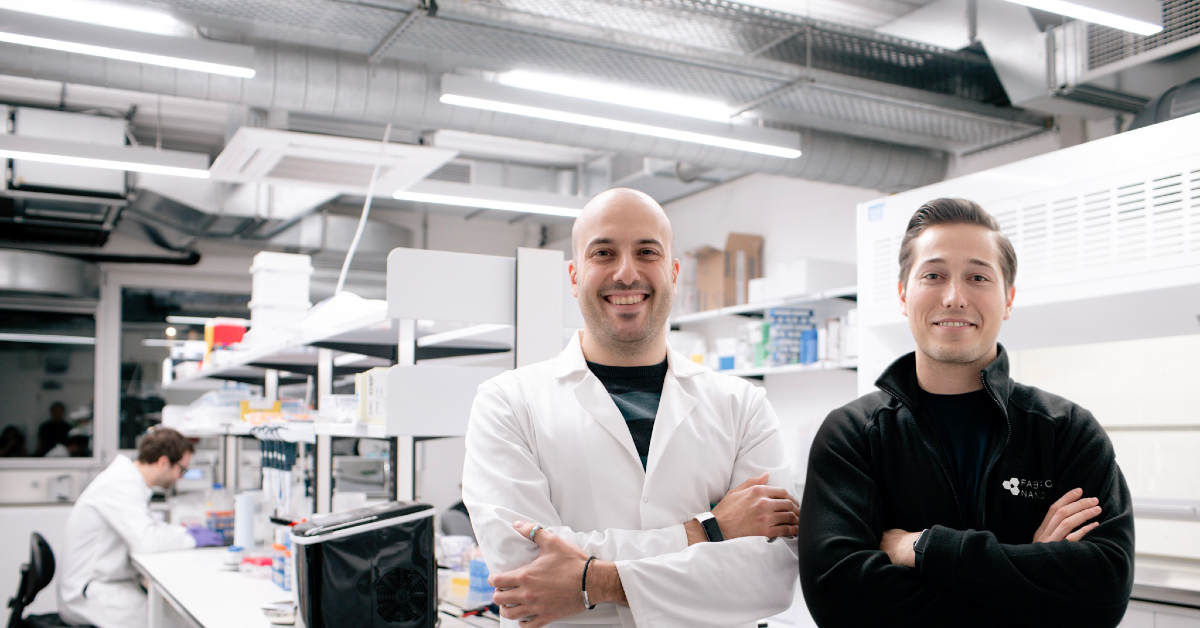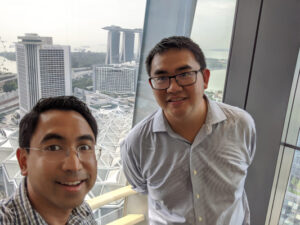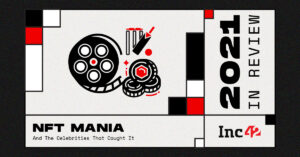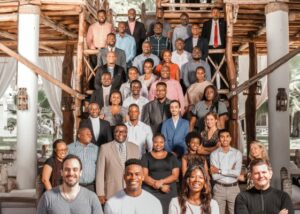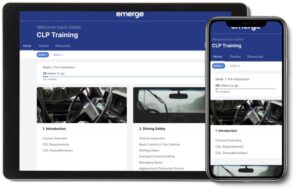Image credits: FabricNano
The advancement in cell-free synthetic biology is enabling inventions in sustainable biomanufacturing. In actuality, it is emerging as an alternative to microbial fermentation, which suffers from various restrictions.
Cell-free biomanufacturing is a budding technology sector, which has several new entrants that are all solving a number of interesting problems.
Recently, the winners of the 2021 Future Hamburg Award were announced.
Based out of London, FabricNano is a cell-free biomanufacturing company that aims to replace all fermented and petrochemical products with biomanufactured alternatives like bioplastics, biofuels, and other common commodity chemicals, globally.
Raised €10.5M
Recently, the company has raised $12.5M (approx €10.5M) funding in a Series A round led by Atomico.
Other investors including, Backed, Hoxton Ventures, Entrepreneur First, and several angels like Biz Stone (Twitter co-founder), Emma Watson (UN Sustainability Ambassador), Arvind Gupta (Indiebio founder and Mayfield partner), Alexander Moscho (former CEO Bayer), Michael Stoppelman (former Yelp SVP Engineering), Elvie founder Tania Boler, and Vijay Pandurangan (former Twitter NY engineering site lead), also participated.
As part of this round, Atomico Partner Siraj Khaliq will join FabricNano’s board.
Atomico Partner Siraj Khaliq, says “FabricNano has hugely impressed us with their breakthrough technology that reduces cell-free costs down to levels needed by the $4T (approx €3.3T) commodity chemical production market.”
Partnered over 100 teams
Based out of London, Atomico invests in ambitious tech founders at Series A and beyond with a particular focus on Europe. Founded in 2006, Atomico has partnered with over 100 ambitious teams – including those at Klarna, Graphcore, PsiQuantum, and more. The firm currently has $4B (approx €3.3B) in assets under management.
Fund utilisation
FabricNano will use the funding to advance the development of sustainably synthesised alternatives to petrochemical products such as plastics, perfume fragrances, and drugs, which currently account for 14 per cent of global oil demand.
DNA-based flow reactor
In cell-free biomanufacturing solutions, living cells are removed from the biomanufacturing process and replaced with enzymes, which serves as a pathway for the development of commercially viable biomanufacturing technologies. However, this approach has been historically limited due to cost and scalability challenges.
Founded by Entrepreneur First alumni Grant Aarons and Ferdinando Randisi in 2018, FabricNano has built a novel DNA-based flow reactor to produce biochemicals by engineering enzymes with the ability to bind directly to DNA.
The FabricFlow reactor technology has already made a major breakthrough in the biomanufacturing space, helping to further reduce the cost of cell-free biomanufacturing to levels needed for widespread adoption.
The company is planning to disrupt the manufacture of over $5T (approx €4.2T) worth of commodity chemicals that are currently produced from petroleum through cell-free biomanufacturing.
“We stand on the cusp of a bioindustrial revolution where producers will be able to unlock the power of biology to sustainably synthesise any material and accelerate progress in medicine, agriculture, manufacturing, and more. But many efficiency and cost-related roadblocks remain to fully realise the potential of biomanufacturing,” says FabricNano CEO and co-founder Grant Aarons. “Our technology dramatically reduces the cost of cell-free biomanufacturing solutions by enabling efficient, sustainable production using enzymes – the biological catalysts that accelerate chemical reactions and facilitate the growth of natural materials. The process is both more scalable than current biomanufacturing processes and more sustainable than petrochemical-based production”.

